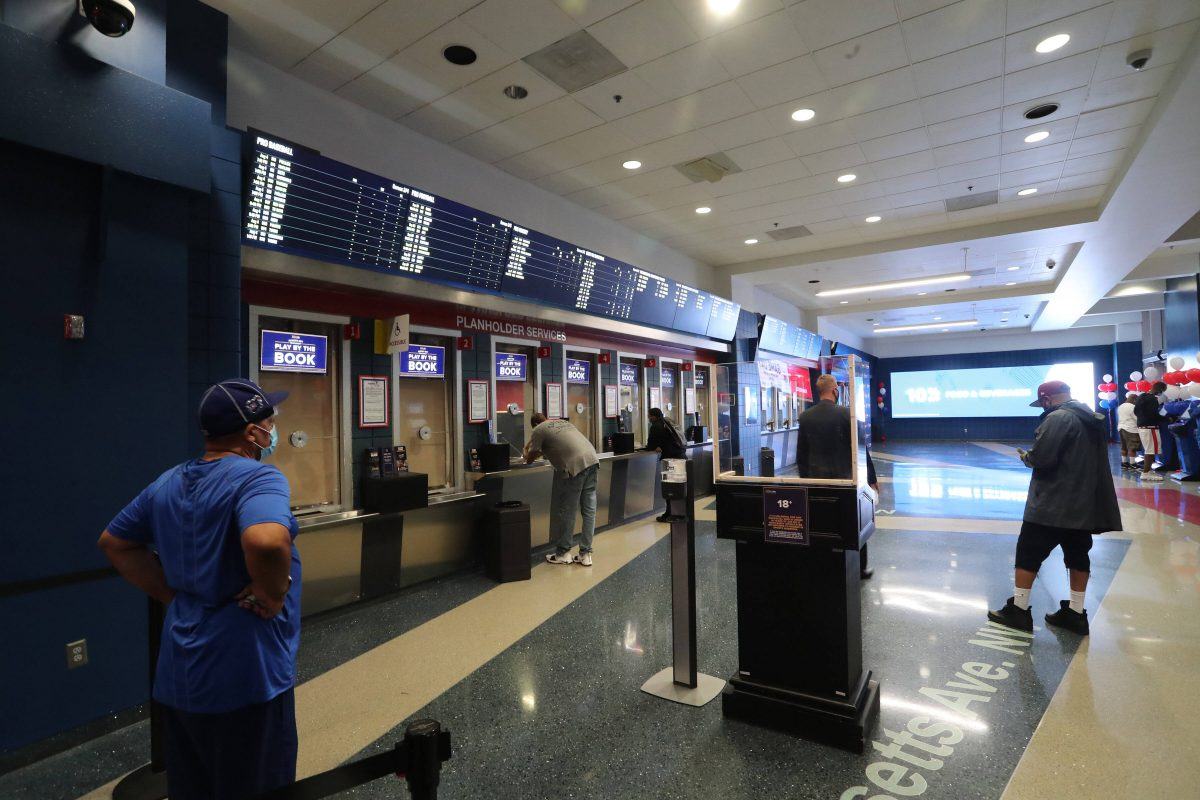While it appears that sports betting in Massachusetts will be a significant boon to the commonwealth’s economy and a fun pastime for MA residents, many question marks are still at hand as to how its future will play out.
Retail casinos launched in the state on January 31st, albeit with initial hiccups violating in-state college sports betting regulations right out of the gate. Online operators are scheduled to go live by early March, just in time for the famous March Madness basketball tournament.
State Revenue Concerns Mounting
For online sports betting, 11 operators have been cleared for business, while three retail sportsbooks in casinos are already up and running. However, the amount of tax revenue projected to be collected by the state from legal sports betting is not up to par with what many legal states are taking in. Some experts in the industry believe that major sportsbooks like FanDuel Sportsbook, DraftKings Sportsbook, BetMGM, and Caesars may benefit to an inordinate degree compared to the state.
It has been projected that as much as $60 million in tax revenue could be generated from legal sports wagering in the commonwealth. This would, however, be a small percentage of the $40 billion-plus state budget accrued in recent years. Yet, opinions vary on this, and the revenue could be as low as $35 million. State Treasurer Deb Goldberg stated that “sports betting is a for-profit business, they’re in it to make money. So the tax revenue that they’ll pay is merely a drop in the bucket to what they will ultimately make.”
Massachusetts law has set a 15% tax rate on in-person sports betting, 20% on online betting, and 15% on fantasy sports wagering. The Senate initially proposed a 20% tax rate on in-person betting and a 30% rate on online wagering.
Sports betting industry experts do not believe the 2023 state income from sports betting will be particularly sizable. One reason is the reasonably low tax rate, and the other is that online betting will not be available for the entire year, and even retail betting missed most of the month of January. This means that no sportsbook was open for the Super Bowl or NFL playoffs.
Still, assuming mobile sportsbooks can open before March Madness as expected, this will significantly boost state sports betting revenue. The Massachusetts Gaming Commission has aggressively urged operators to prepare for the earliest possible launch.
There is still some pessimism regarding whether all operators will have their ducks in a row. Foley Hoag partner Kevin Conroy stated, “I think there’s this question about how many will be ready to go in March. I think the bigger guys have circled the date and they will be ready to go,” adding, “this is an aggressive timeline that the commission is moving on. And so I will be interested, on the go-live date that the commission lays out, how many companies are offering their products on that date.”
Concerns With the Outlook for Sportsbooks
The immediate outlook for mobile sportsbooks in Massachusetts appears positive. Yet, where the fear lies is with long-term sustainable results. Martin Lycka is an executive at the sports betting and gambling company Entain. He believes that regulations in other legal gambling states have caused the cost of doing business as an online sportsbook operator to become unreasonable. Lycka stated that Massachusetts mobile-only sportsbooks would have “a goal that they’ll try to make the most of it,” concluding, “but not all of them might be able to sustain the continuous pressure in the long run.”
Bill Pascrell III of the Princeton Public Affairs Group believes that the future of the sports betting industry nationally may be unsustainable. Aside from state revenue concerns, he believes that even the sportsbooks themselves may struggle to prosper. Pascrell stated, “The market is not profitable,” continuing, “all of these companies are scraping and trying the best they can with potentially a recession on the horizon. They’re all trying to become profitable, but it’s going to be hard for them.”
Regulators in Massachusetts have considered that financial stability could be an issue for the large number of sportsbooks that have been licensed in the state. Still, according to Massachusetts Gaming Commission’s Cathy Judd-Stein, the continued successful operation of the sportsbooks in other state markets is a positive sign. She stated that she was “personally really pleased” by what she has seen among the six mobile-only sportsbooks slated to operate in the state.
According to Pascrell III, bigger-name operators like Caesars, DraftKings Sportsbook, BetMGM, and FanDuel Sportsbook may dominate the market and make it difficult for more fledgling sports betting operators. On the other hand, Conroy states that optimism is high among even smaller sportsbook operators on their future within the Massachusetts market.
Conroy said, “we represent one of the smaller folks who got an untethered license, and they’re excited about Massachusetts, and they’re excited about the opportunity it brings. They think there’s going to be a very good consumer base,” including “they’re really happy that they ended up filing an application and going through the process.”
Optimism and Pessimism for MA Legal Sports Betting
Ultimately, it remains to be seen how smoothly the proposed early March launch of online sports betting rolls out and how the large number of sportsbooks scheduled to launch will fare, especially considering the extensive immediate competition. It is also uncertain to what degree the state will benefit compared to the operators.
